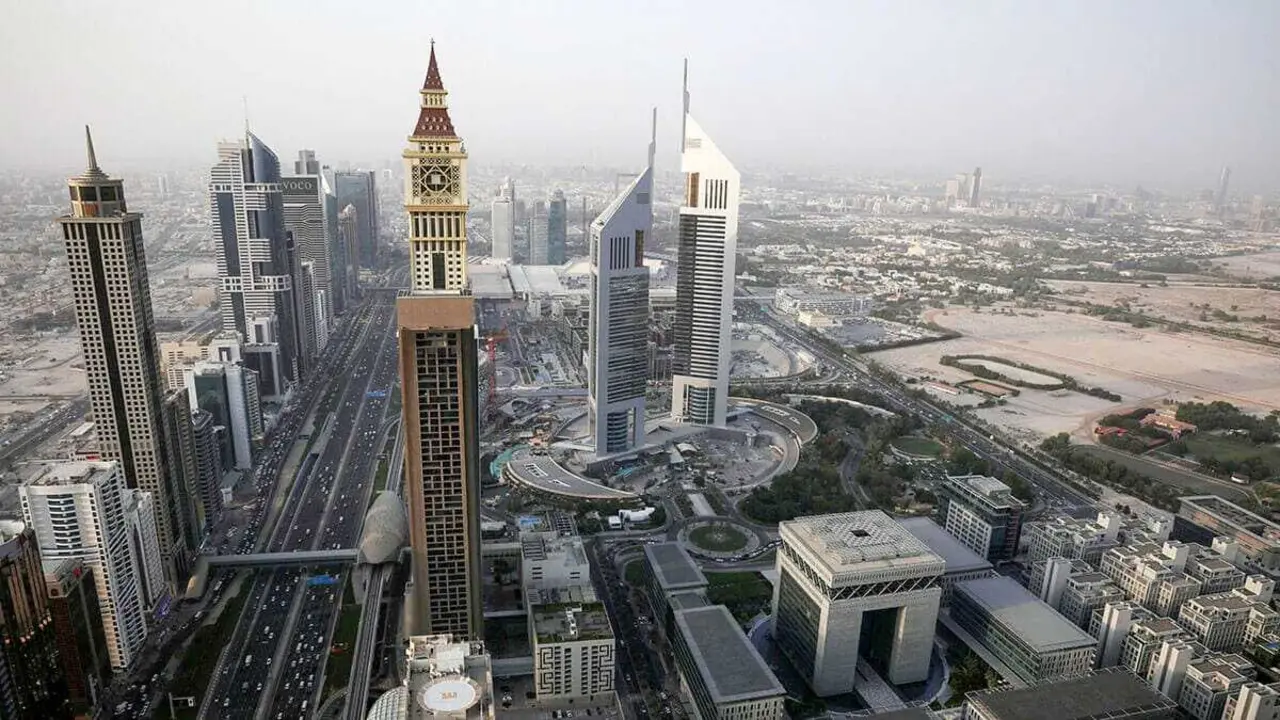UBS calls on EU to turn to Asia for oil imports

Russia's war in Ukraine on 24 February highlighted Europe's deep energy dependence on Russian hydrocarbons, especially oil. As a result, the European Union imposed an embargo on oil imports from Russia at the end of the calendar year.
To overcome this dependence, the EU is now seeking to diversify its strategic and energy partners, and the Swiss financial services firm UBS published a report last week calling on the EU to further expand its partners by targeting Asia, and more specifically India and China.
The report recalls a meeting last month with Jonathan Leitch, head of the EMEARC (Europe, Middle East, Africa, Russia and Caspian) Council, who drew attention to the precariousness of the situation by estimating the loss of Russian imports to the EU at almost 700 kilobytes/day, calling on the EU to expand its partners to fill the energy gap.
The call between UBS and Jonathan Leitch of Turner Mason & Company aimed to discuss the outlook for the European refining market, both in the short and long term, and to consider the impact of future capacity expansion on oil product balances.

The UBS report highlights Jonathan Leitch's view that the direct effect of EU sanctions on Russia will be somewhat mitigated by the blending and redirection of Russian gas oil and fuel oil exports, which will interfere with logistics and de facto lead to higher transport prices. Leitch also believes that the possible ceiling for Russian oil prices is unattainable.
Moreover, the EMEARC director is rather sceptical about the transit of oil from India and China, recalling that New Delhi has recently announced export ceilings that will not allow the EU to have sufficient supplies.
Furthermore, and "although the country's export share has increased recently, the expert does not believe that the country will significantly increase its exports, as environmental concerns and retail fuel price caps deter companies from increasing their capacity utilisation," the UBS report states.

There is also the issue of increasing diesel output from European refineries, as crude oil emissions continue to rise year on year, with an increase of about 250 kilobytes/day this year compared to last. However, this is unlikely to be a viable long-term solution, as Leitch believes that "recent closures and lack of investment in the sector are now reflected in crude oil emissions remaining below historic highs". Finally, the issue of seasonal maintenance activity will become increasingly important and Leitch expects global prices to rise during August.








